
Public apologies, how to say sorry in the media and mean it
Public apologies, how to say sorry in the media and mean it. If you are here because you're a company executive with a serious cock-up on your hand, buckle up! In the next 10 minutes, I'm going to walk you through how to say sorry and mean it. But first, just for fun, let's reminisce with a disastrous apology.
How not to apologise in the media
In 2010, an explosion on an oil rig in the Gulf of Mexico called the Deepwater Horizon killed 11 crew and created the largest marine oil spill in history. Definitely worth an apology then! Step forward, BP's then CEO and chief apologiser, Tony Hayward, this is said on air:
"We are sorry for the massive disruption it's caused to their lives. There is no one who wants this over more than I do, I'd like my life back. And we are doing everything we can to contain the oil offshore, defend the shoreline and return people lives to normal as fast as possible."
Hang on, you're sorry for the massive disruption? Sounds like a partial apology.
And, "I just want my life back."
Tip no. 1 for public apologies
In a corporate crisis, making it "all about you" is a mistake. Perhaps not a surprise that Tony stepped down later that year. And that wasn't BP's only media cock-up around that crisis.
https://www.theguardian.com/business/2010/jul/27/deepwater-horizon-oil-spill-bp-gaffes
How to write a media apology: The fine line between expressing regret and apologising
When planning an apology firstly, ask yourself:
Do I need to express regret, or do I need to apologise?
Now this may sound like the same thing, but being sorry about something and actually apologising are very different. And the difference is: Fault.
If you are at fault - you issue an apology. If you regret what happened, but it wasn't your fault - You might want to say you FEEL sorry about it. Still confused?
More media training guides and podcasts

Is it ok to ignore a journalist?

Building your personal brand so journalists find you first

Media interview quick-start guide
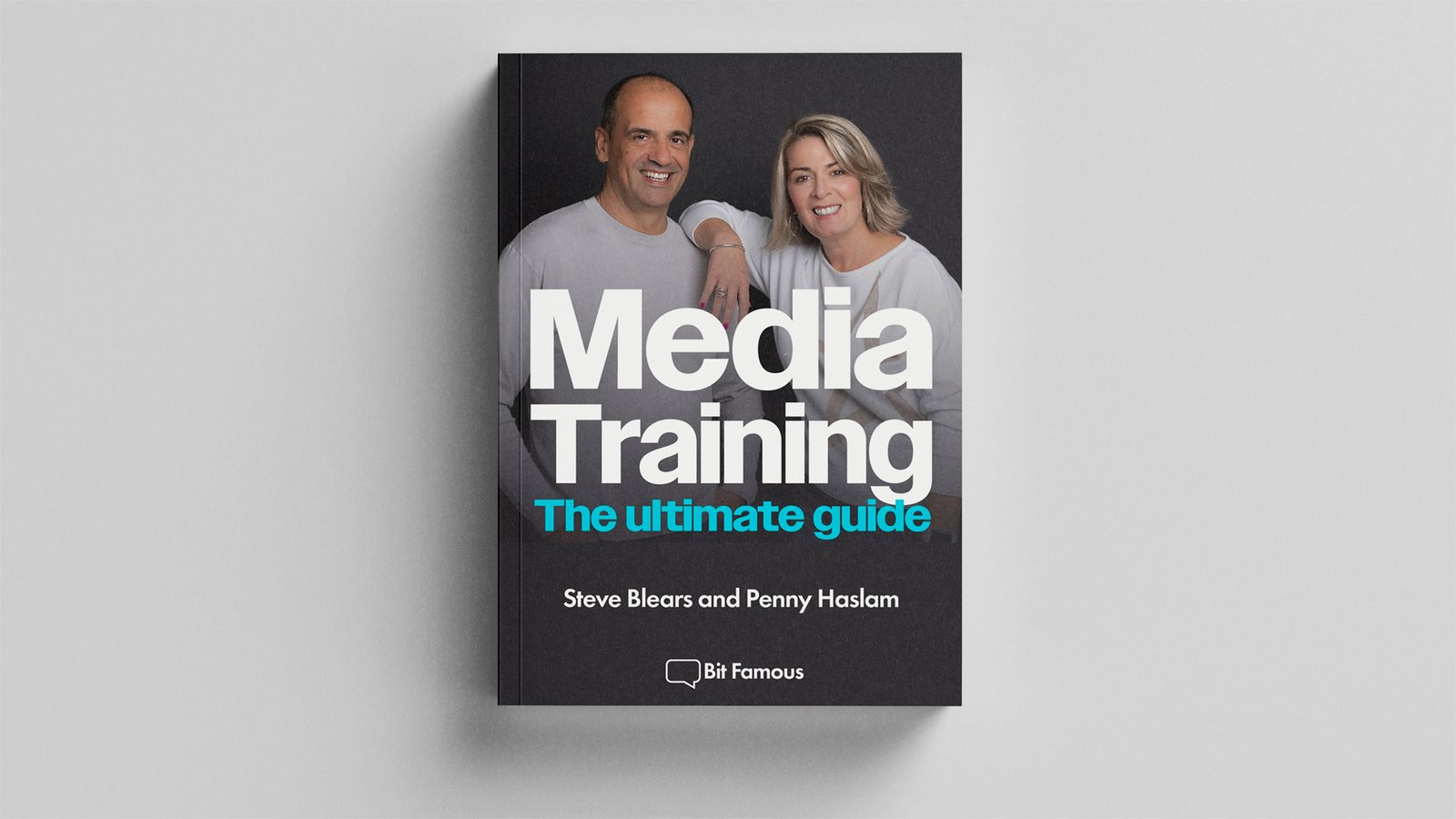
Media training book

How to hold a press conference
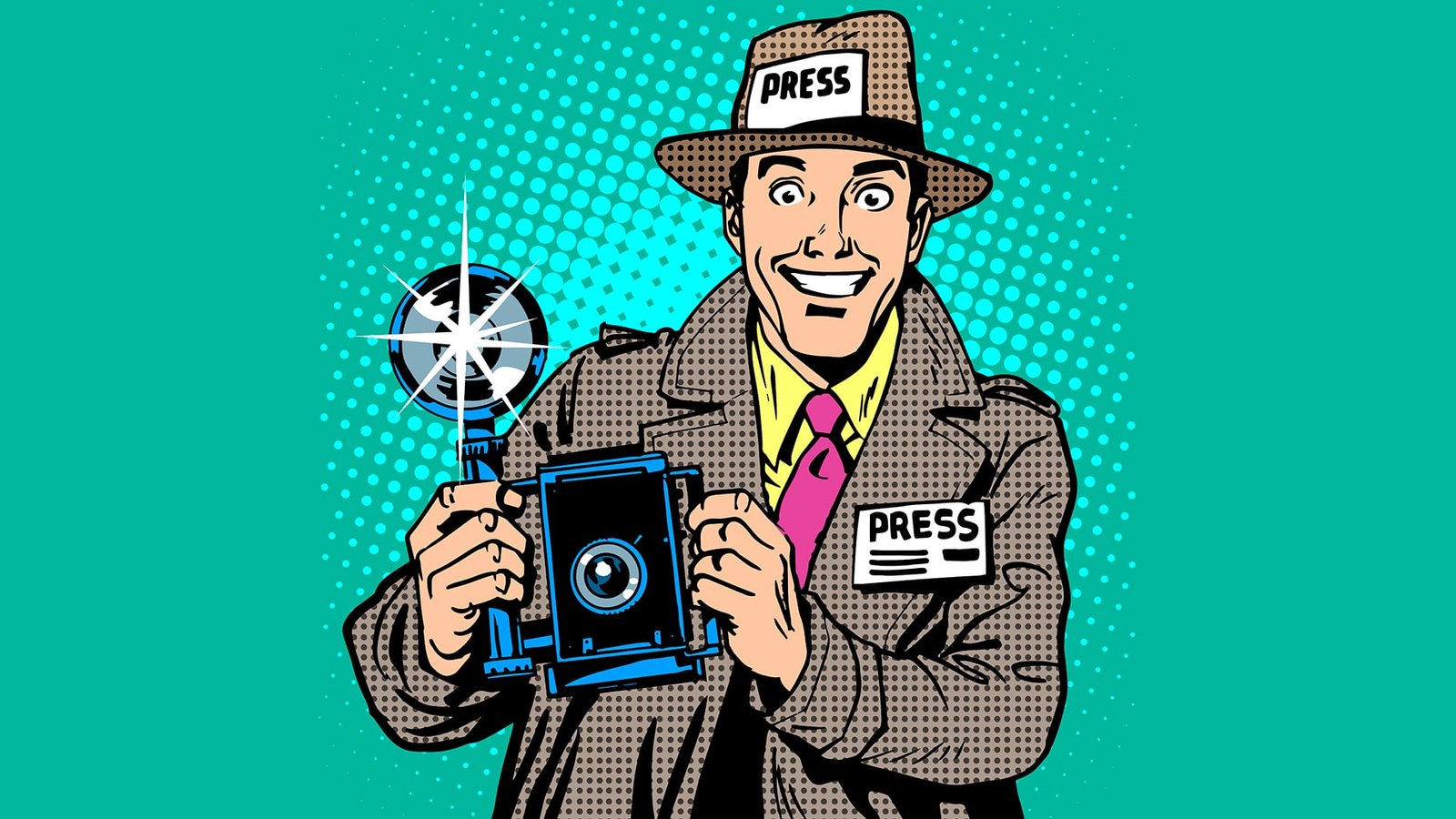
Time for a media training refresher?
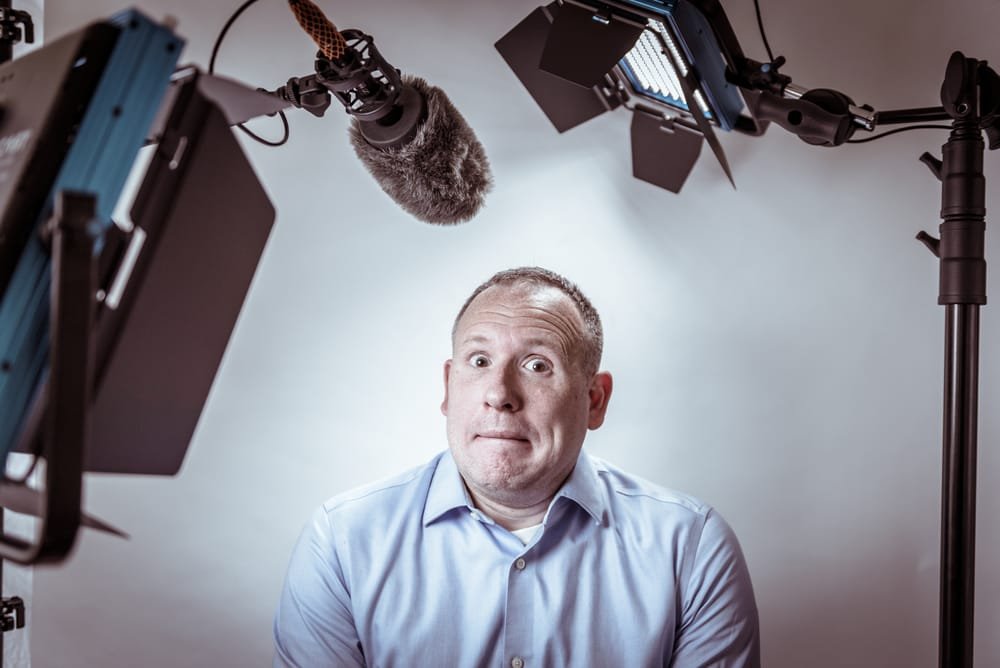
How to get your boss on board with media appearances

Is it okay to say “I don’t know” in a media interview?
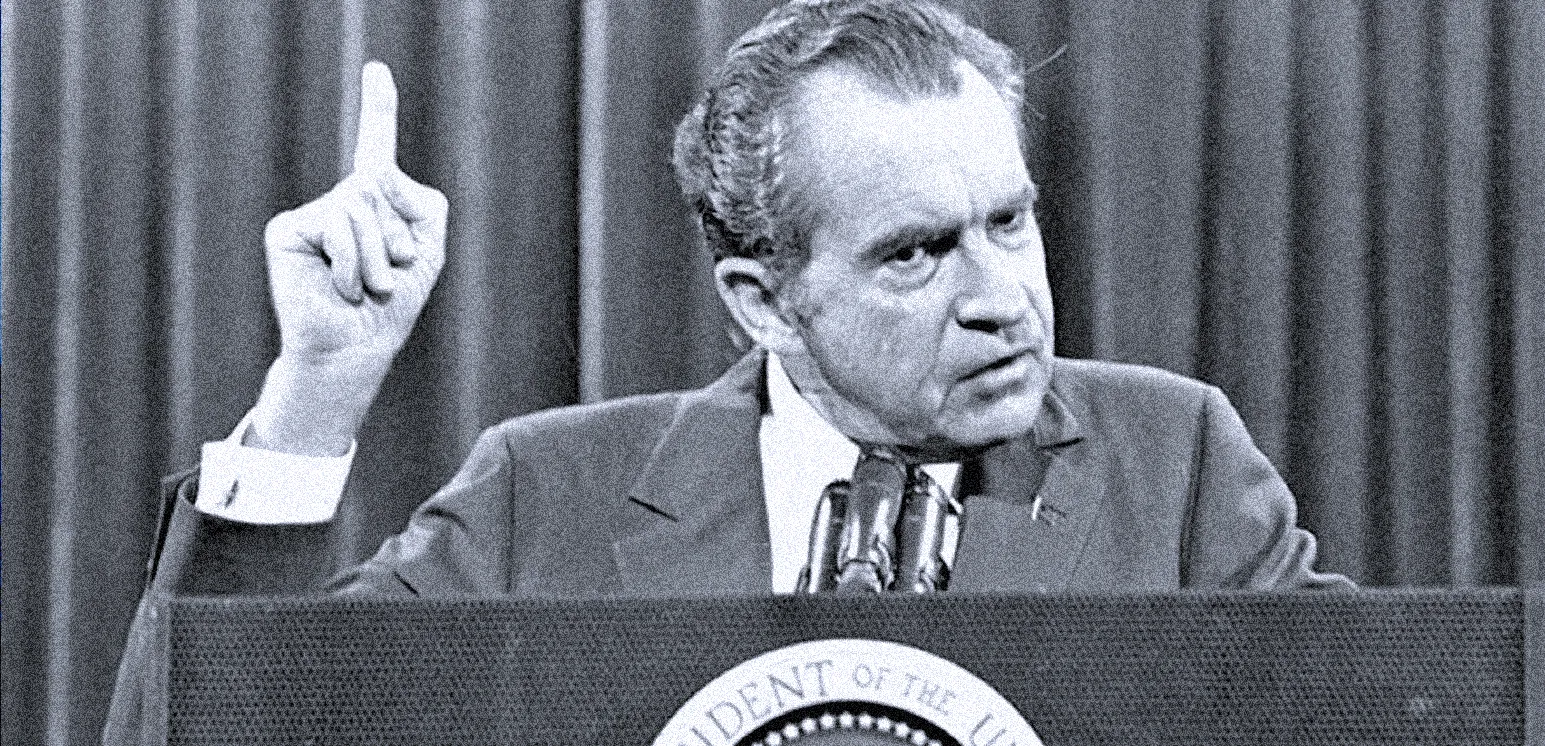
Why should you avoid repeating negative questions in media interviews?

How to look and sound relaxed in a media interview, performance tips

Mastering profile interviews in the media

Media appearances, the unwritten rules

Public apologies, how to say sorry in the media and mean it

Why off-the-record journalism is riskier than you think
Example media apologies versus expressions of regret
Let's look at a couple of examples to illustrate this types of media apologies. Firstly, a power company might say sorry for a power cut in bad weather:
"Dear customer, We'd like to express our sincere regret for the inconvenience caused by the recent power outage during the unexpected snowstorm. We fully understand how challenging it has been for those affected, especially during such adverse weather conditions."
However, if a pensioner dies from the cold after engineers forgot about her during the same storm, an expression of regret isn't going to satisfy the media or your customers:
"We are deeply saddened by the news of the passing of Jane Doe following the power outage during the recent snowstorm; we regret the circumstances that led to this incident, we're conducting a thorough review."
This second kind of "sorry, not sorry" statement won't cut it.
Navigating legal concerns in public media apologies
Legal teams often complicate public apologies because their job is to shield the company from potential lawsuits. This can lead to watered-down apologies that lack sincerity.
Public apologies should be delivered in person and on camera, without a script, to appear genuine and caring. Be wary of legally drafted statements that can come across as overly formal and impersonal.
Avoid using conditional, non-committal language such as "if" and "may", like "We apologise if anyone was affected." "Sorry for the disruption.." That sort of thing.
All of which add up to the fact that when the audience hears what you have to say, you won't sound very sorry.
Getting a media apology wrong, falling into the "sorry, not sorry" trap
Falling into this "sorry, not sorry" trap is gold dust for journalists. It's like shooting yourself in the foot live on TV. You'll probably end up as a meme on TikTok.
Disingenuous apologies make brilliant headlines and prolong the criticism and damage to your reputation or brand. Now, of course, legal considerations are important. But when you have a crisis on your hands, doing everything you can to put a pin in the criticism by issuing a solid apology is a good idea.
Ultimately, which sorry to go for is a leadership judgment call, not a decision you can farm out to your lawyers.
Delivering a sincere on-air apology
Here's Ruth Kelly, Chair of Water UK, apologising for sewage spills caused by decades of underinvestment. I would rate this apology as OK.
"The first thing I'm here to do is to say sorry. I've been very chastened by listening to the public and hearing the views of people. We understand as a water industry how upset and angry people are about untreated sewage going into our rivers and onto our beaches and we are determined to put that right. So today we are announcing a tripling of the level of investment into tackling spills. And you are right to say why has it taken so long, we get it we should have acted sooner. It's only in the last few years that we've had the data to really see the extent of this problem but we are absolutely determined now to put that right."
I might add this apology was a long time coming and was finally issued after prolonged criticism.
She does qualify her "sorry" by saying the industry accepts full responsibility. Tick.
Although, in my opinion, just as a viewer, the line about "not having the data on sewage spills until recently" Doesn't sound very realistic or genuine.
But she did get a lot right.
Here are my top tips for delivering a grovelling on-air apology
1. Don't waste time, get your media apology out quickly
Make it swift. Get it out as soon as possible. This demonstrates how seriously you take the problem and your commitment to putting it right. Don't delay because that will look like reluctance.
2. Make your media apology sincere
Make it sincere. The apology must sound heartfelt. Don't read it from a script. Prepare what you are going to say in advance and speak naturally, in a conversational way, just like a human being! Showing genuine emotion. Audiences have a bullsh*t radar. A candid, heartfelt apology is more likely to be accepted.
3. Don't gaslight those affected
Avoid gaslighting those affected: Don't attempt to play down the impact of the issue with expressions like:
"We apologise if anyone felt that our actions were inappropriate..."
Or, "We're sorry if some people felt inconvenienced or upset..."
And, "We apologise for any confusion that may have arisen..."
Shifting blame onto others or implying that others are at fault for feeling offended is a terrible move.
4. Tell people how you will fix the issue
As with all crisis coms, clearly articulate what steps are being taken to fix the mistake and prevent it from happening again.
And
5. Attempt to rebuild trust
Show that you understand the gravity of the situation and your desire to make amends.
So those are my tips for issuing a public apology in the media. Issue it quickly, without excuses, show genuine remorse, and outline how you are going to put things right.
Okay, have you just been promoted to chief apologiser for your organisation?
At Marvellous Media Training, we help leaders become confident, on-air communicators so you can share your expertise and the great work you do.
Drop me a line at hello@bitfamous.co.uk

Is it ok to ignore a journalist?

Building your personal brand so journalists find you first

Media interview quick-start guide

Media training book

How to hold a press conference

Time for a media training refresher?

How to get your boss on board with media appearances

Is it okay to say “I don’t know” in a media interview?

Why should you avoid repeating negative questions in media interviews?

How to look and sound relaxed in a media interview, performance tips

Mastering profile interviews in the media

Media appearances, the unwritten rules

Public apologies, how to say sorry in the media and mean it

Why off-the-record journalism is riskier than you think

What are key messages in the media?

Give your leader feedback after a media interview

Why avoid corporate speak and office jargon in media interviews?

Media interview preparation checklist

How to create a founders’ origin story

How to answer hostile or negative questions from a journalist

How to be authentic in a media interview

Crisis Management: How to write a holding statement
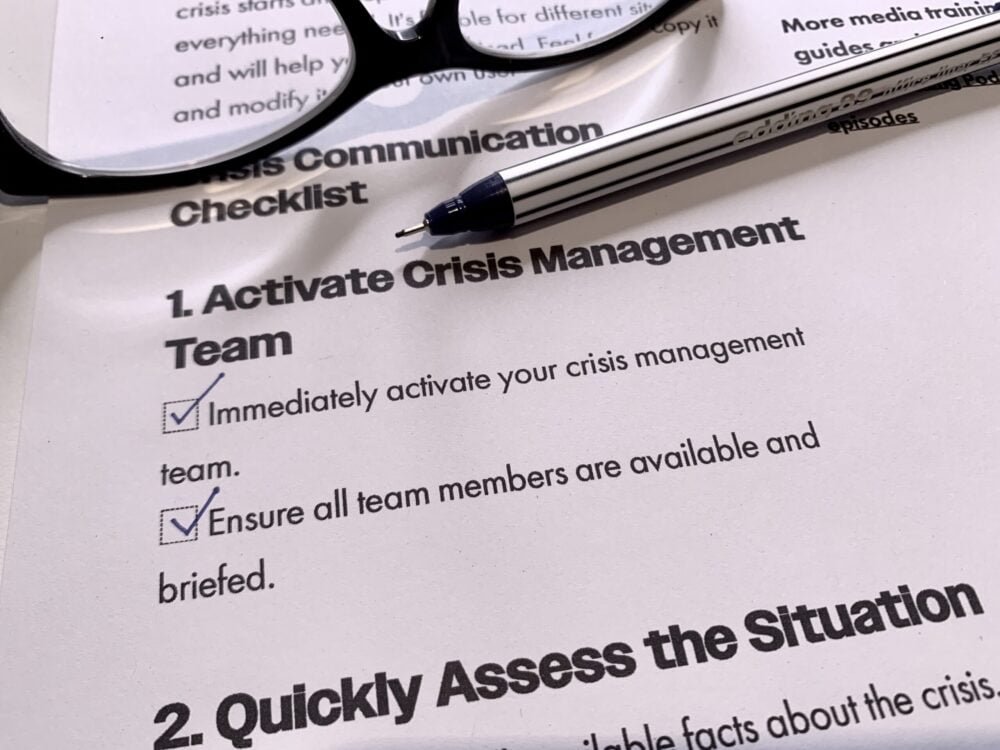
Crisis communications checklist

How to create a successful media soundbite
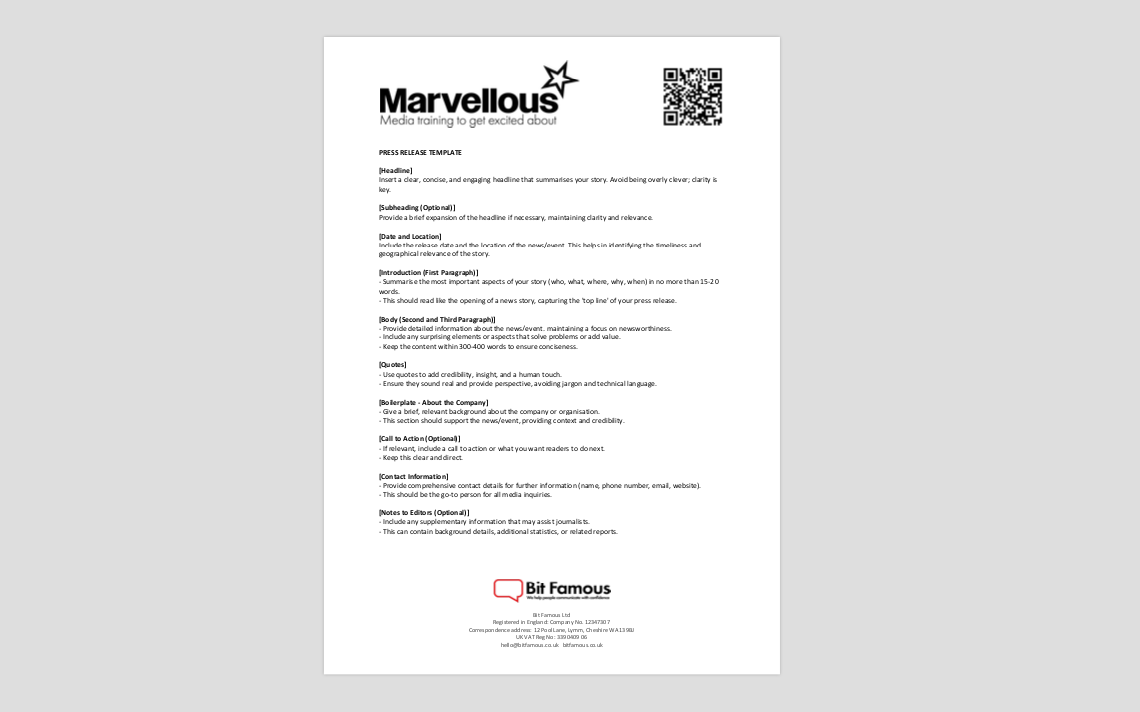
Free press release template (Word)
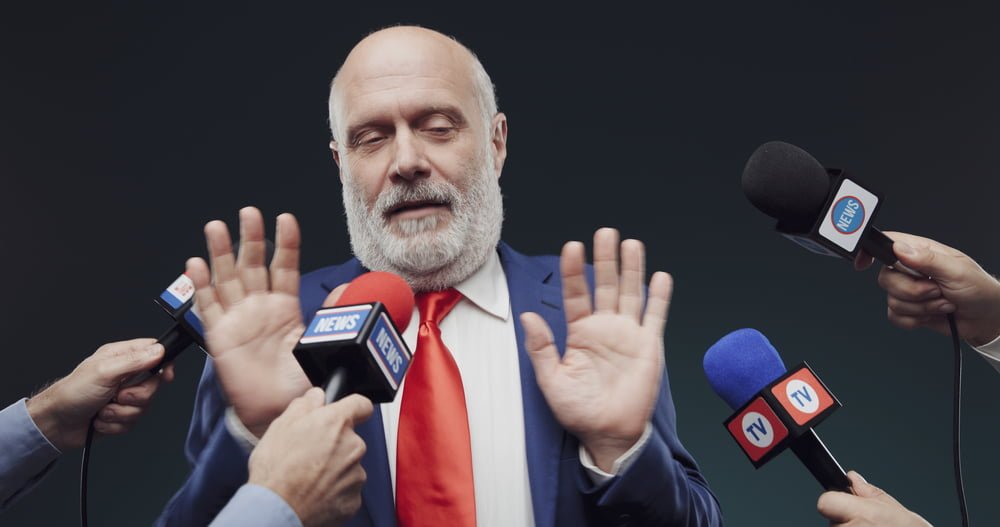
How do you handle a media question you don’t want to answer?
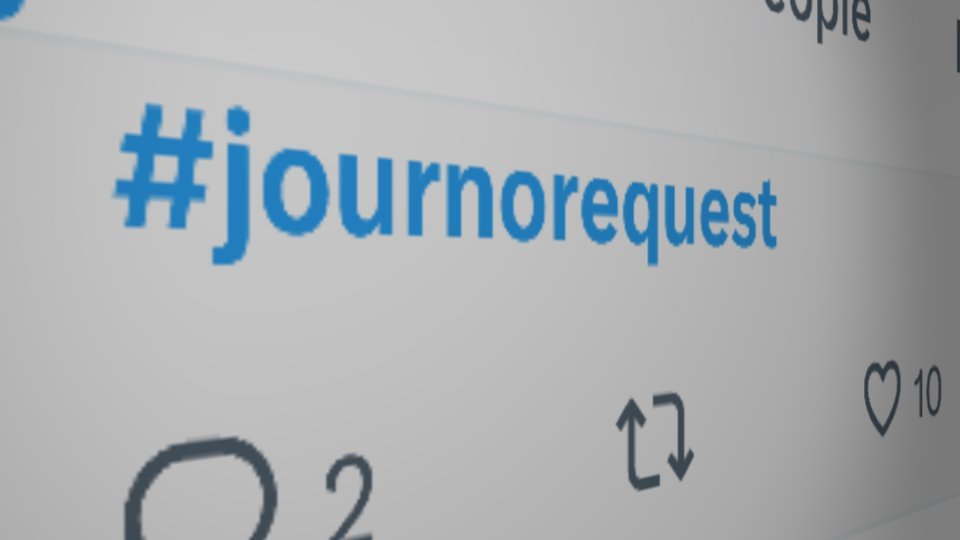
How to use #JournoRequest to get media attention for my business

How do I prepare for a TV interview online using Zoom, Teams or Skype?

How to appear on a business podcast

How to handle a difficult media interview
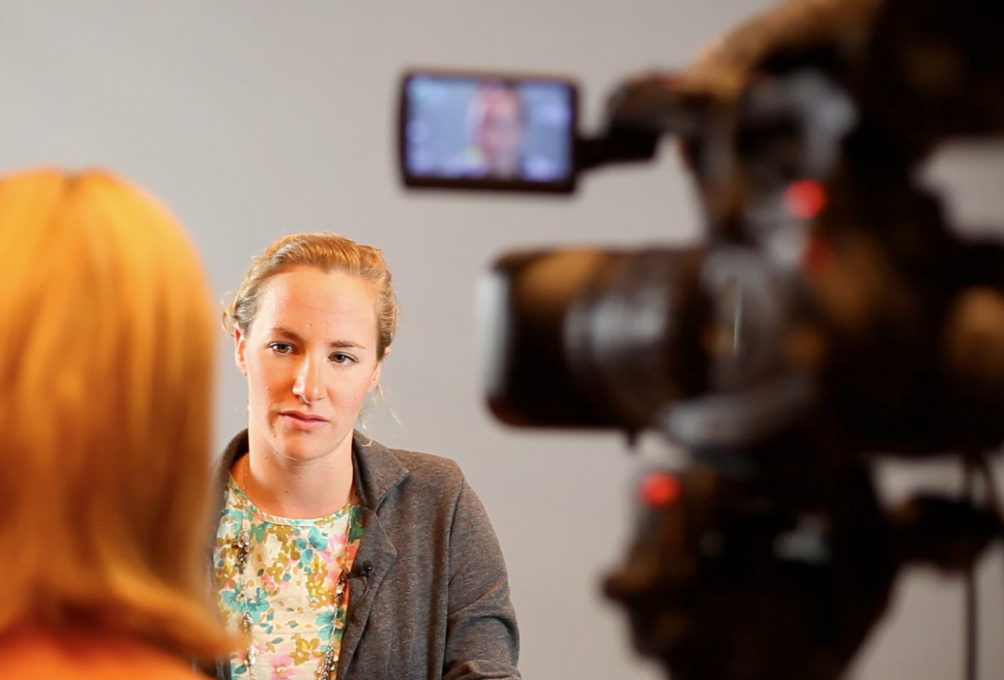
How to get featured in the media


